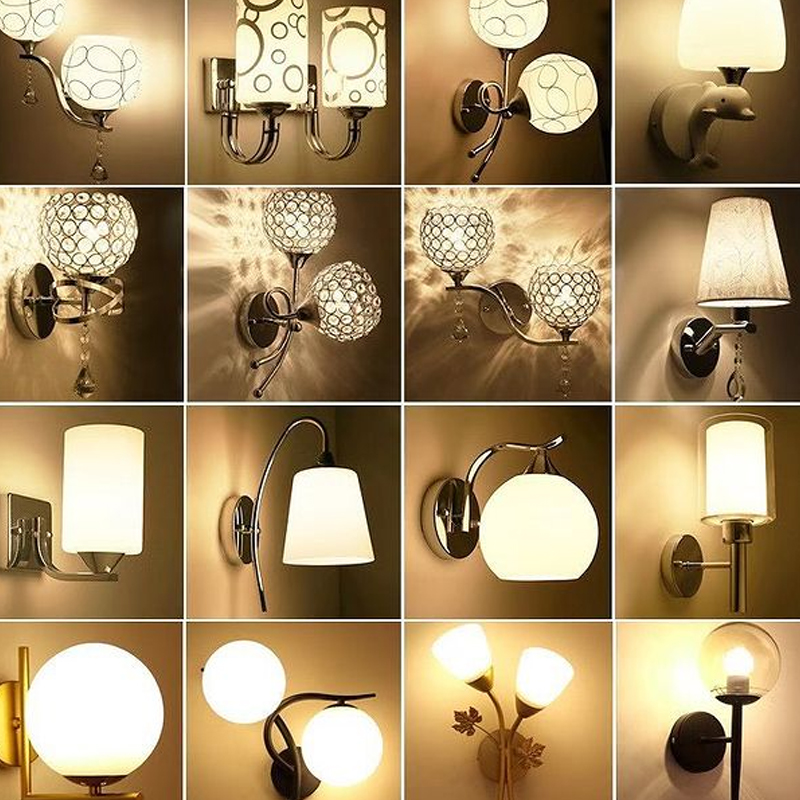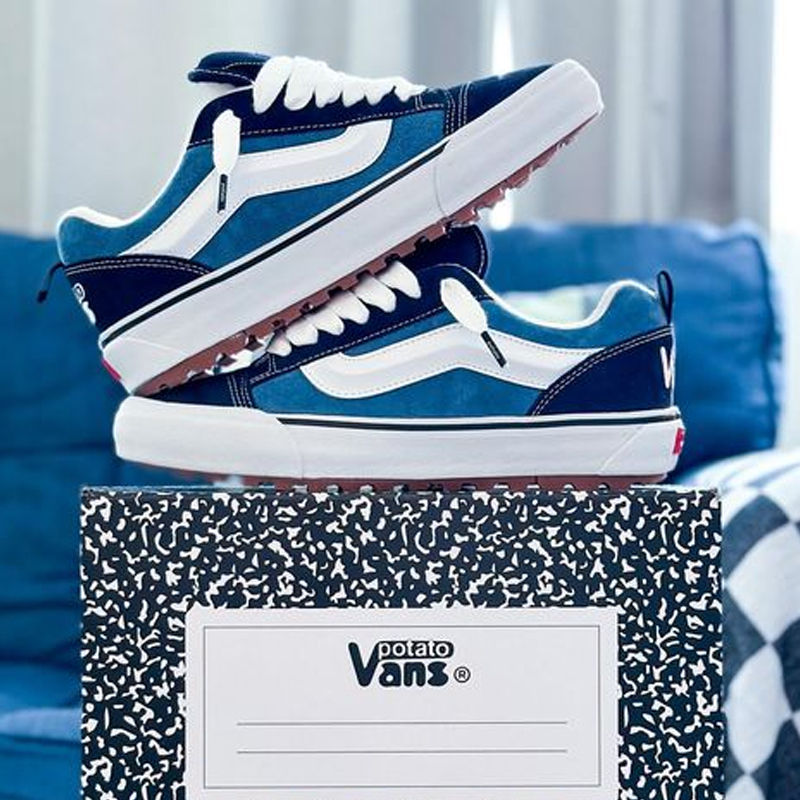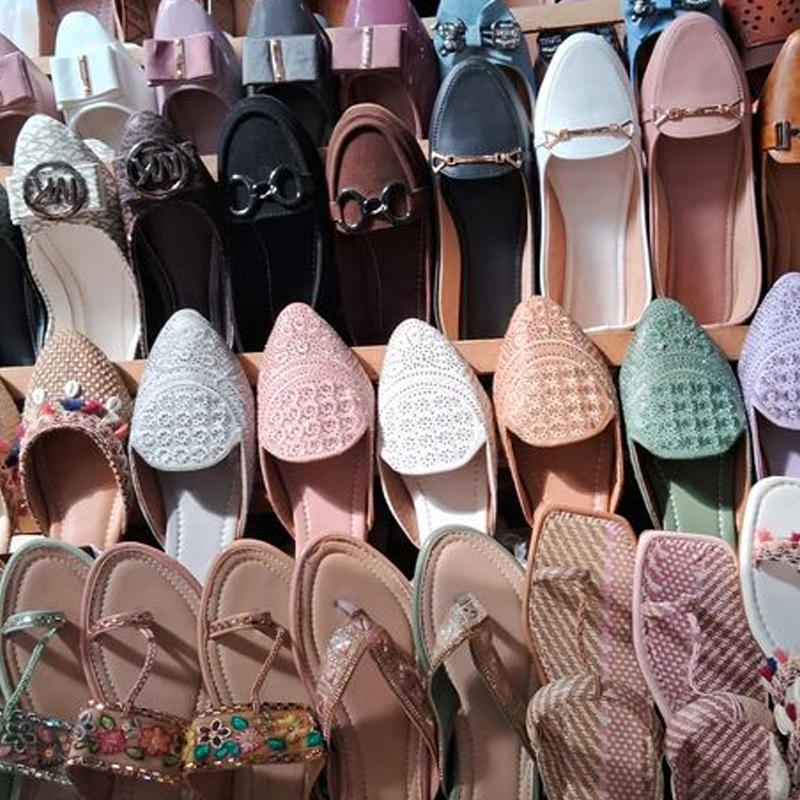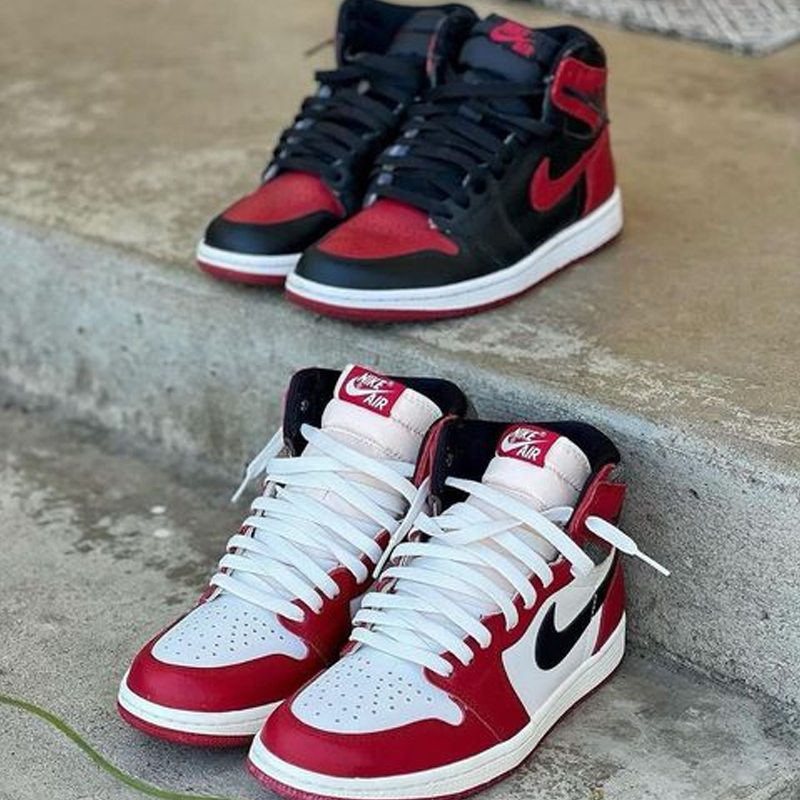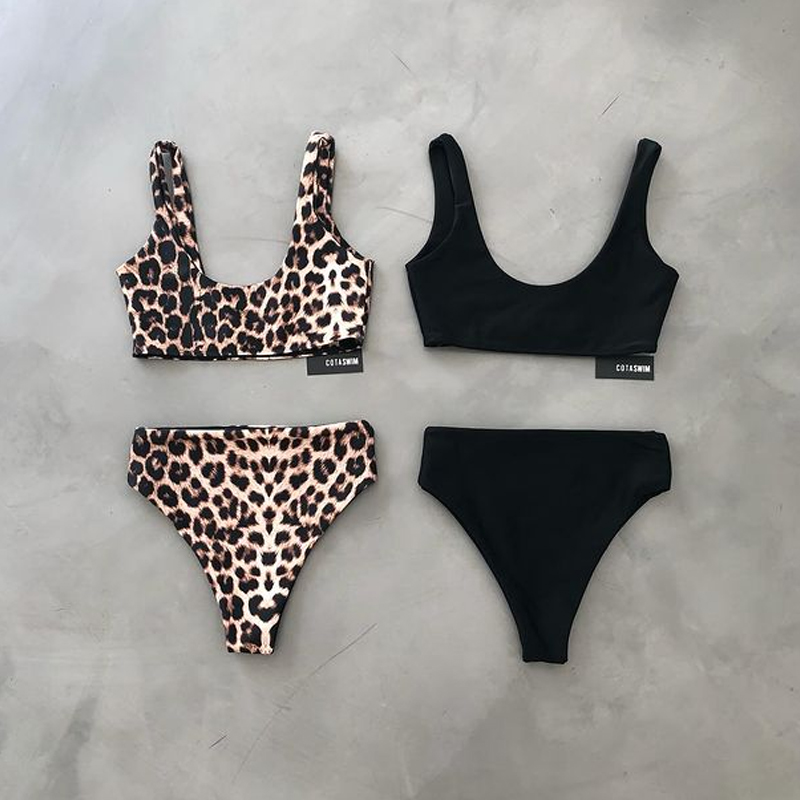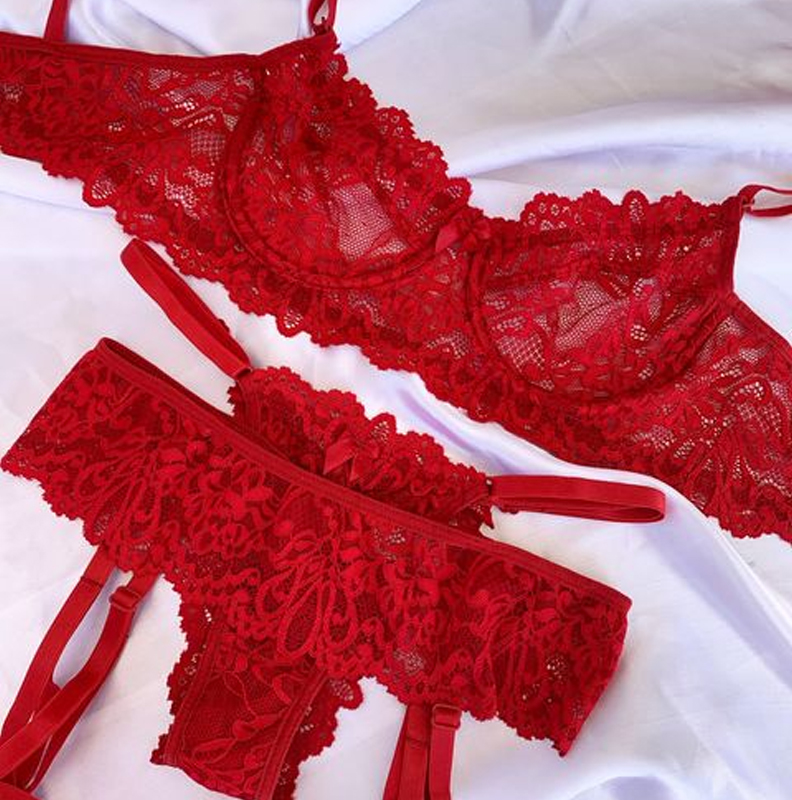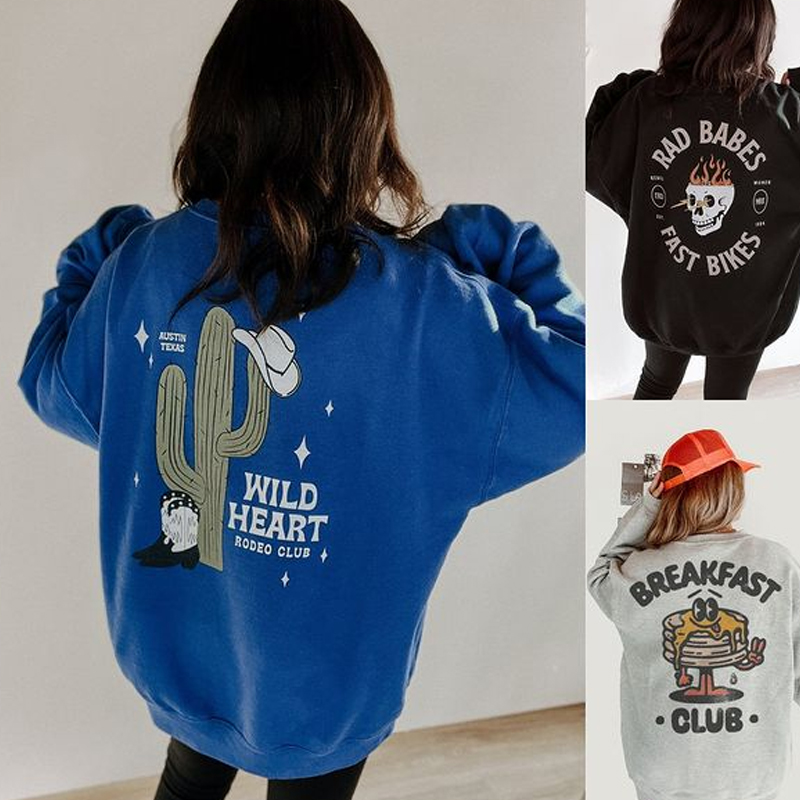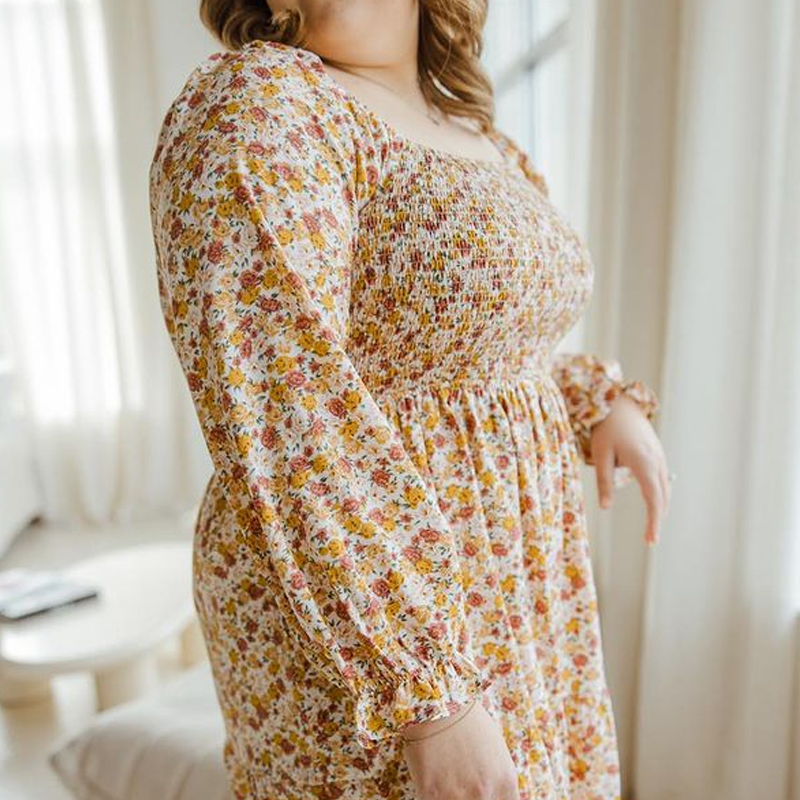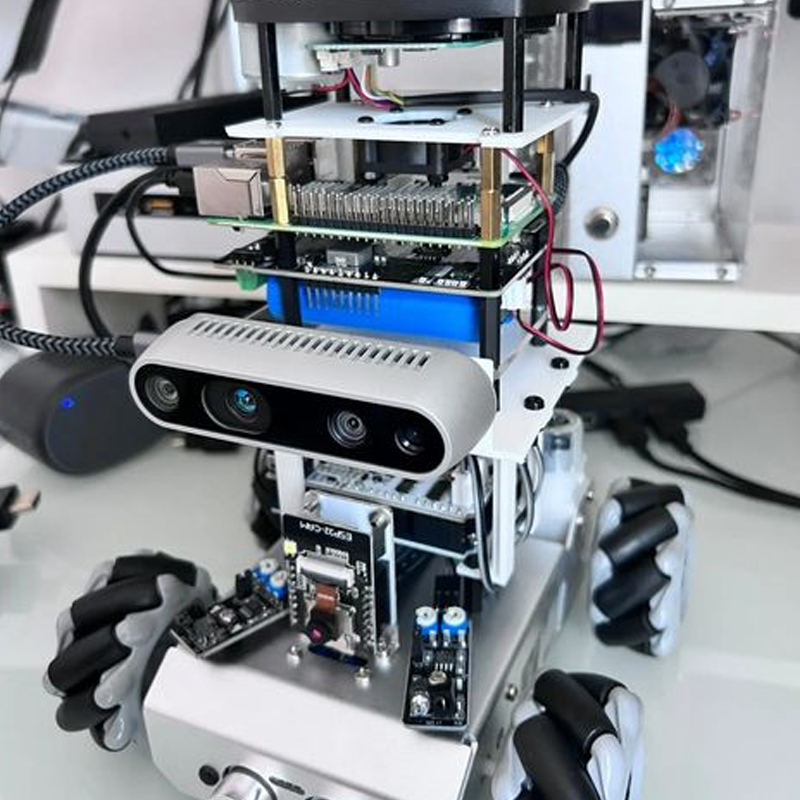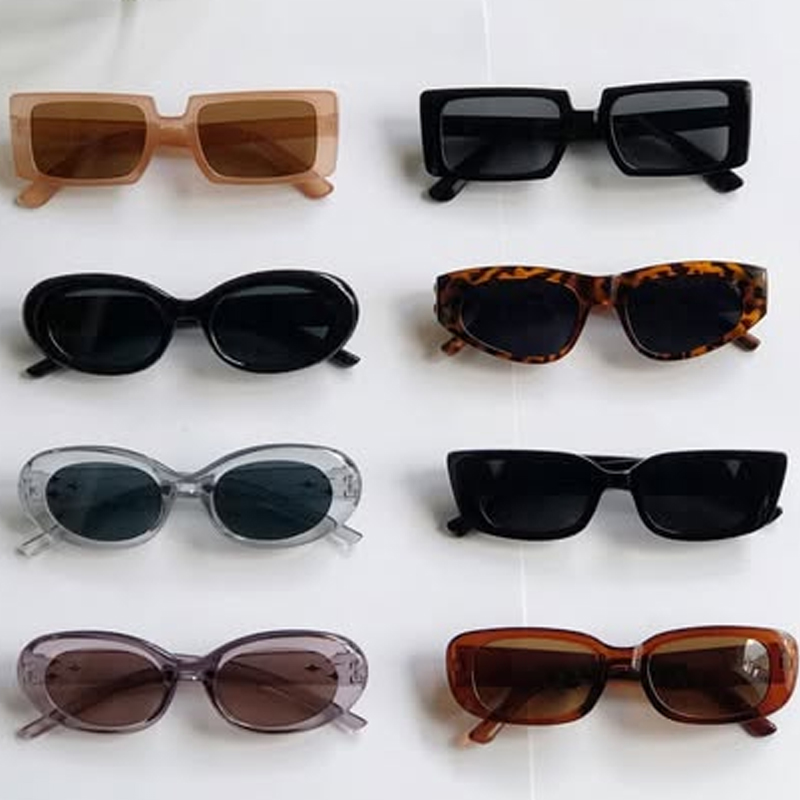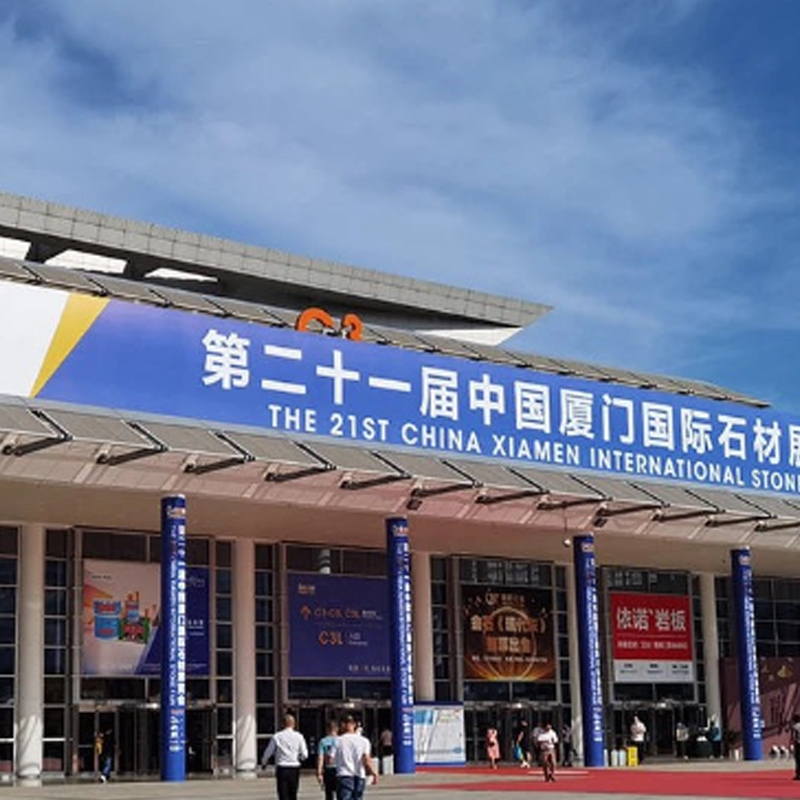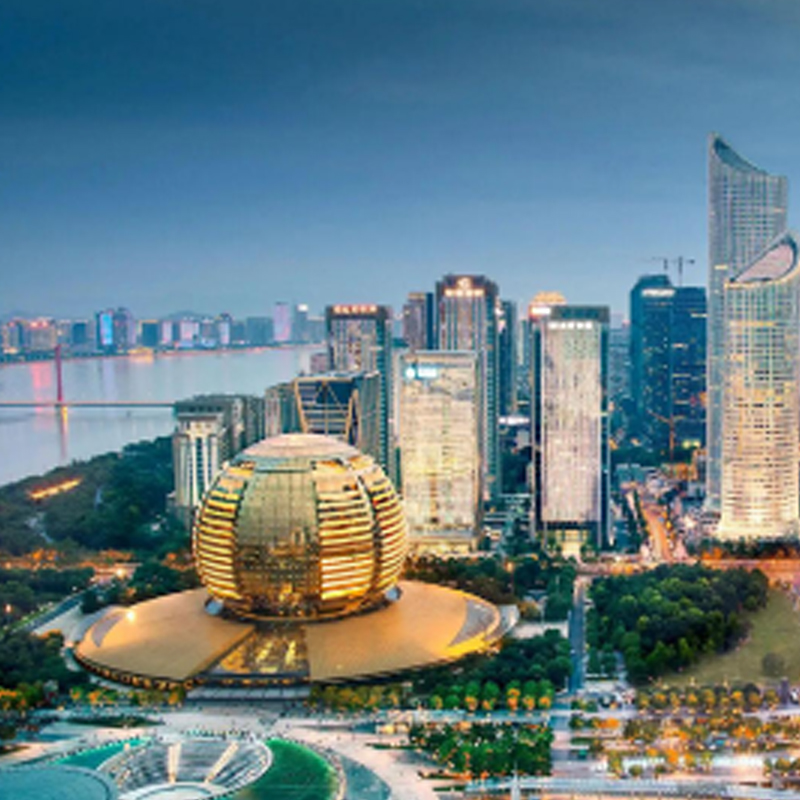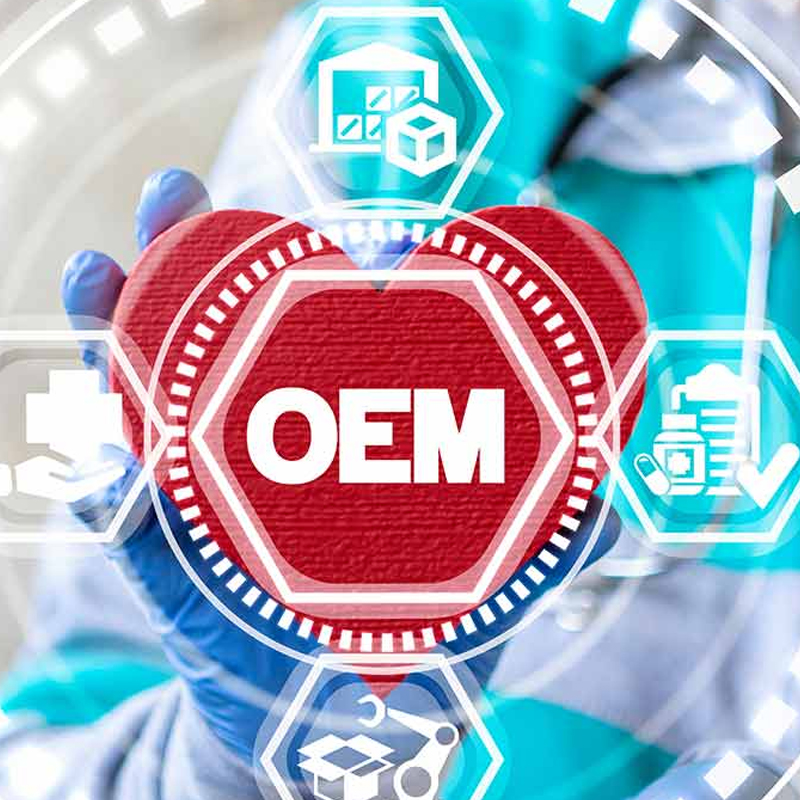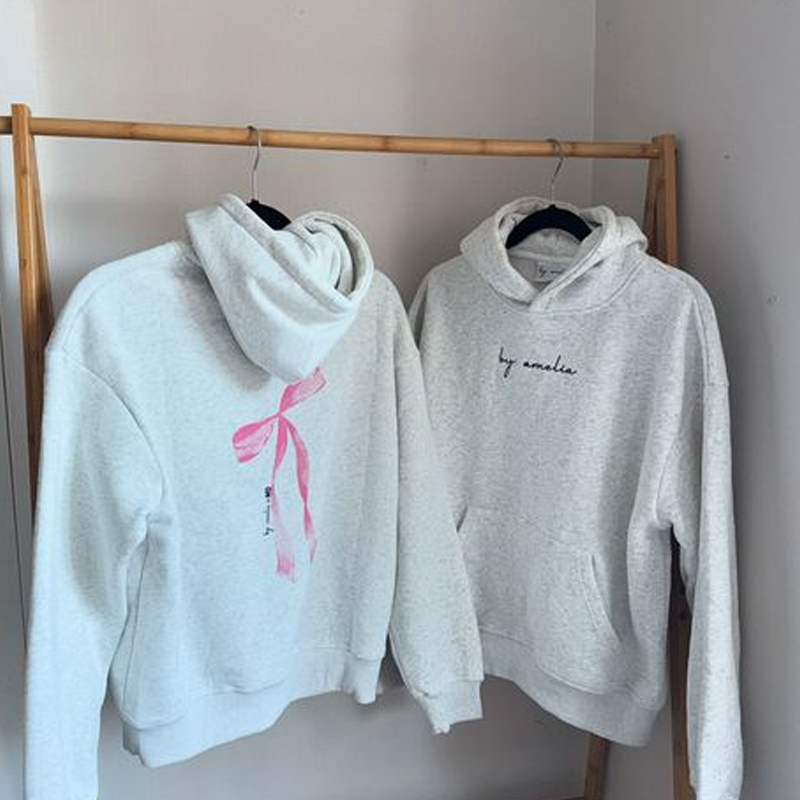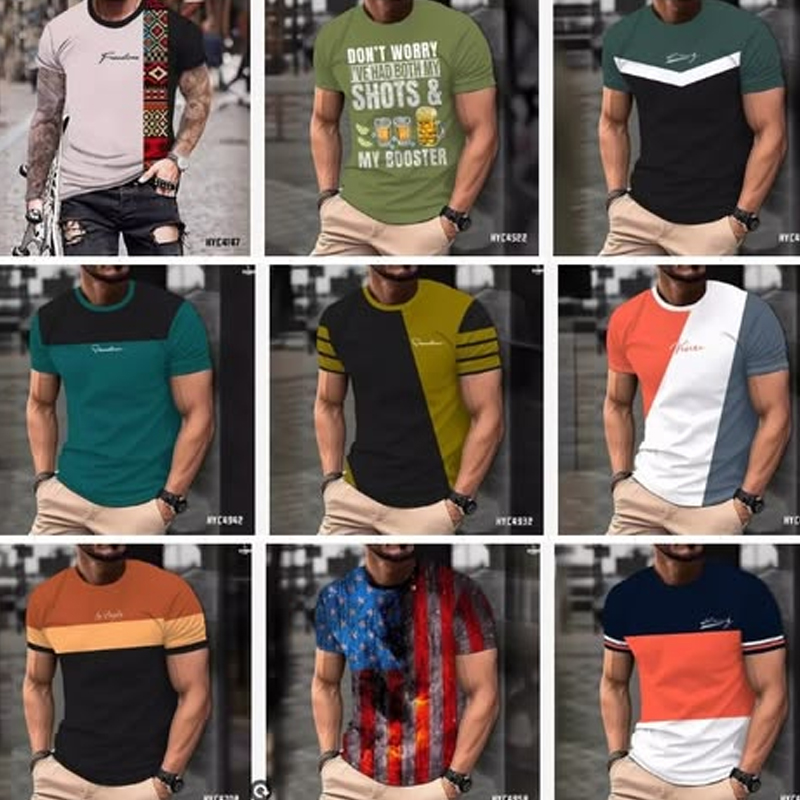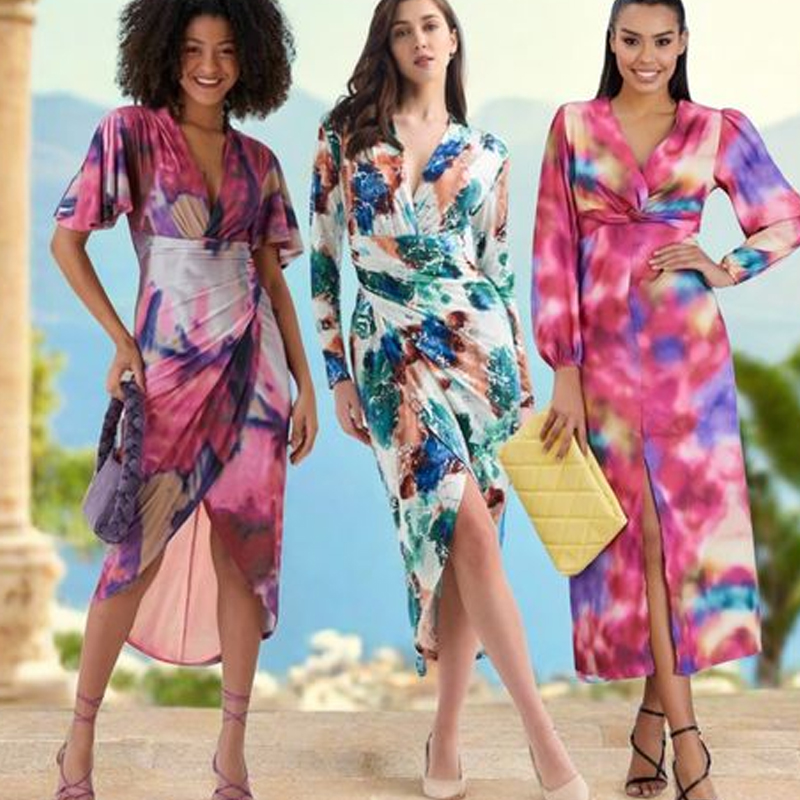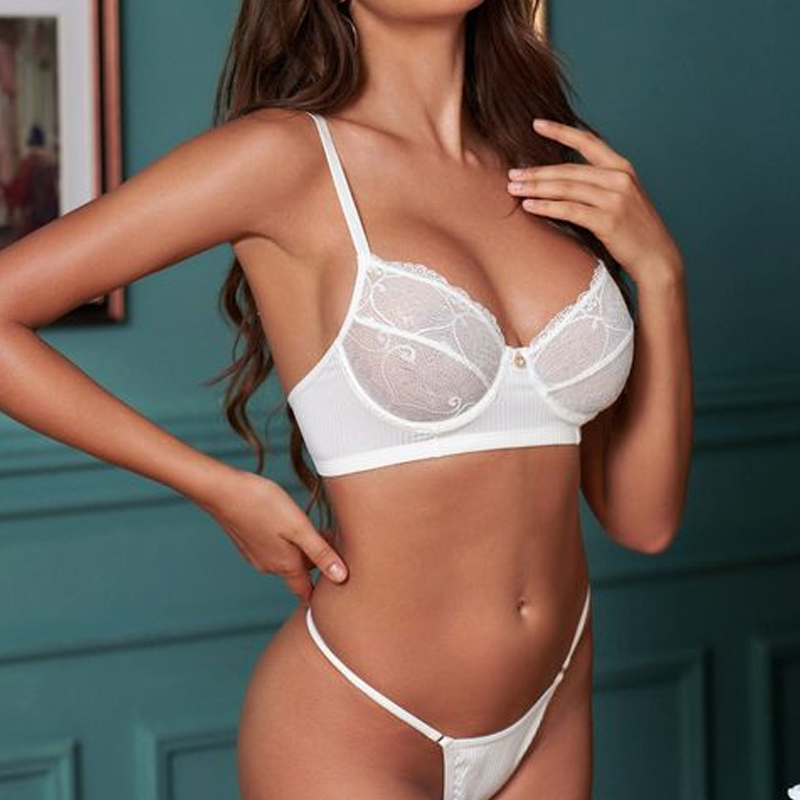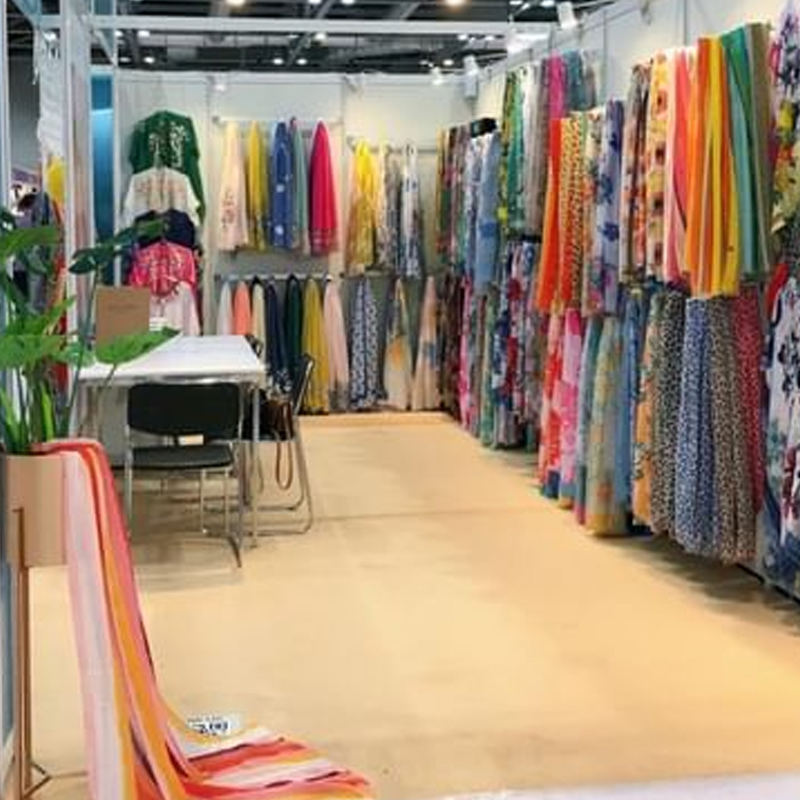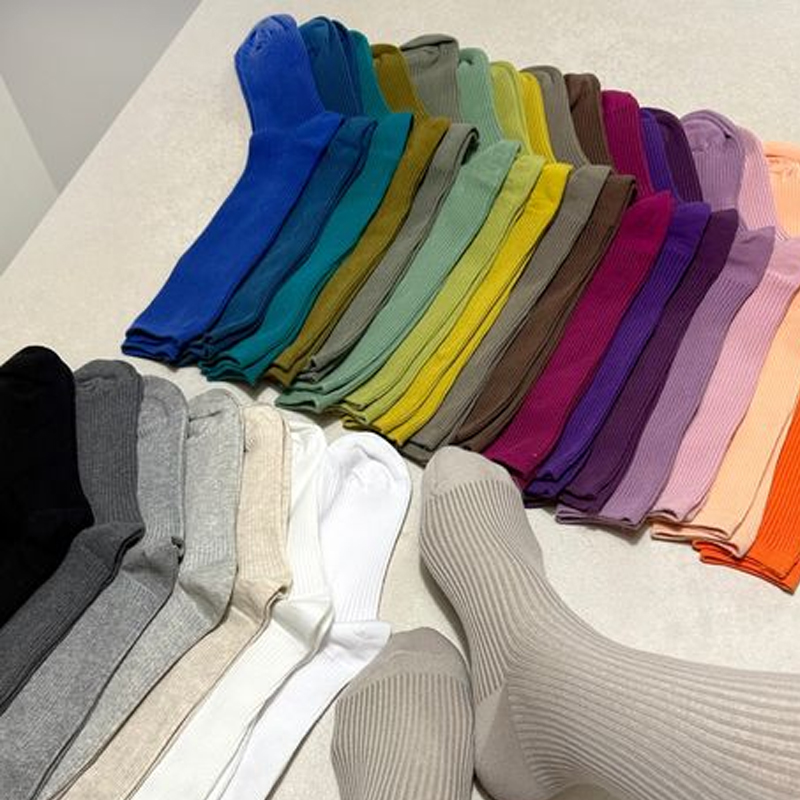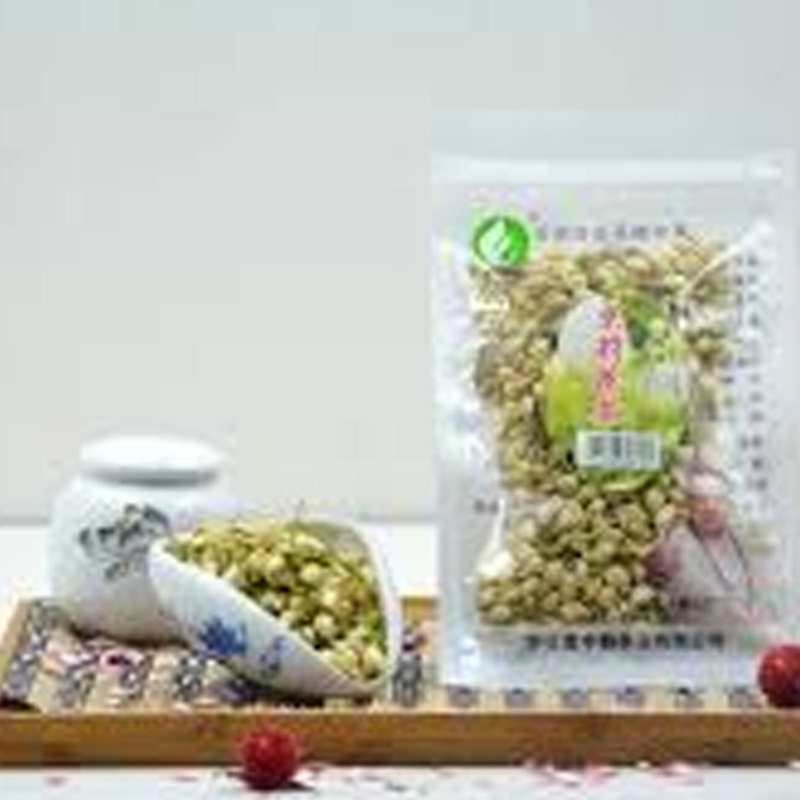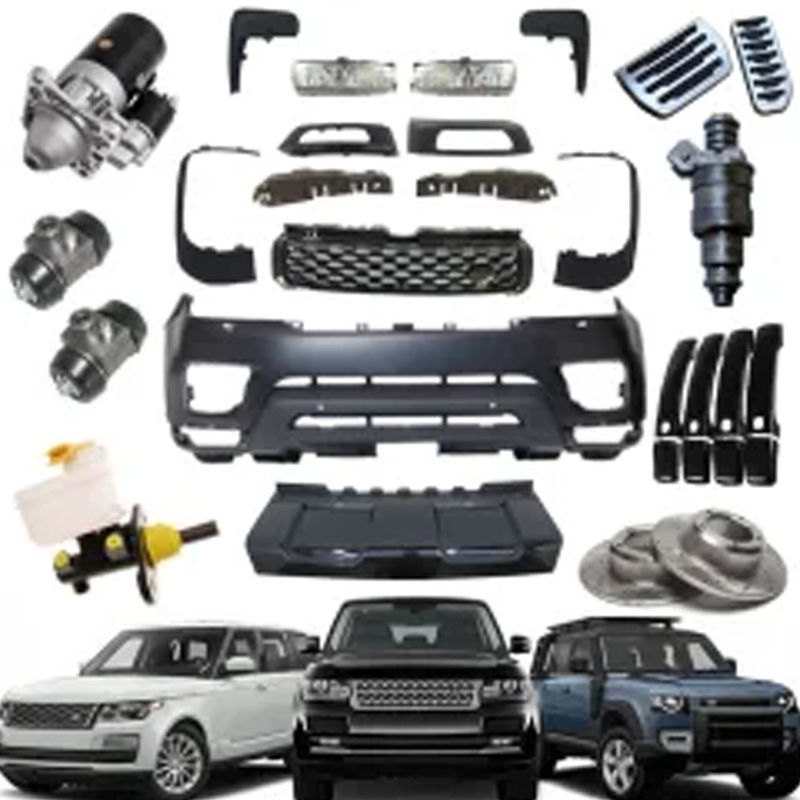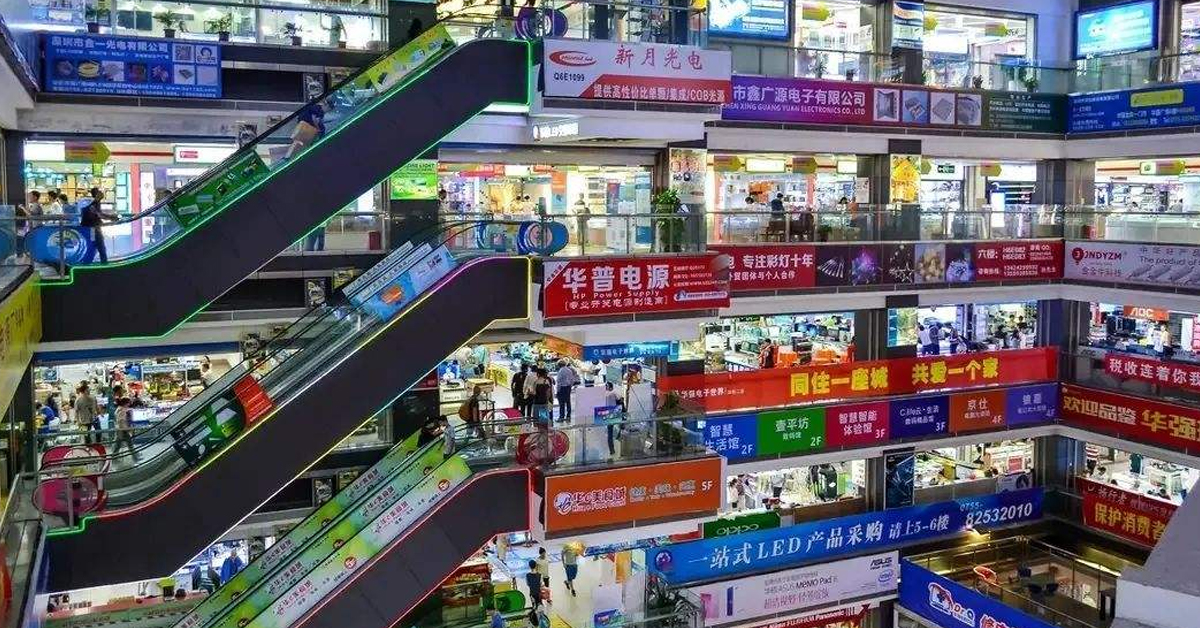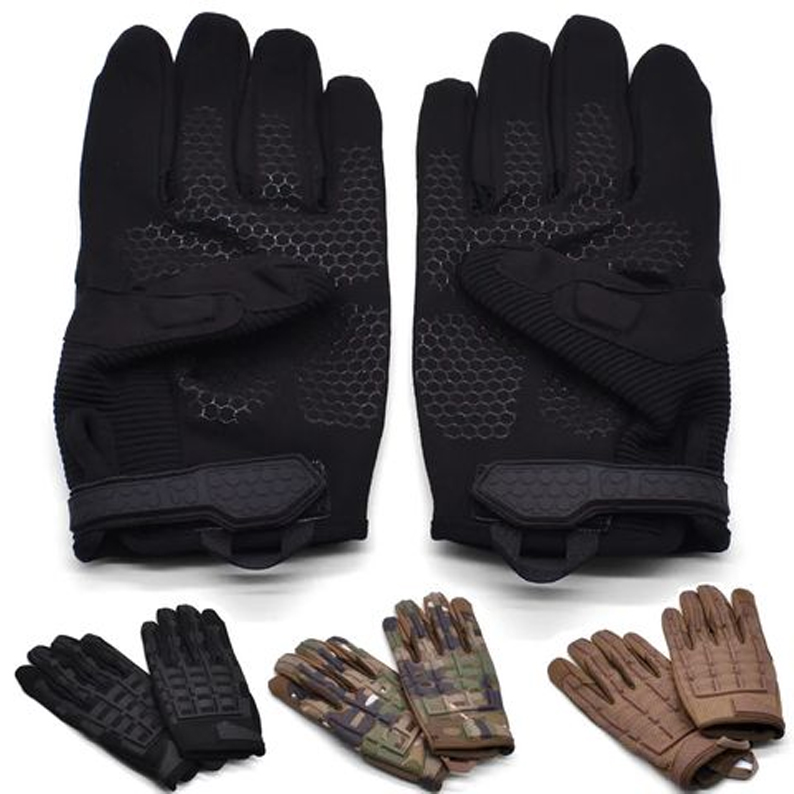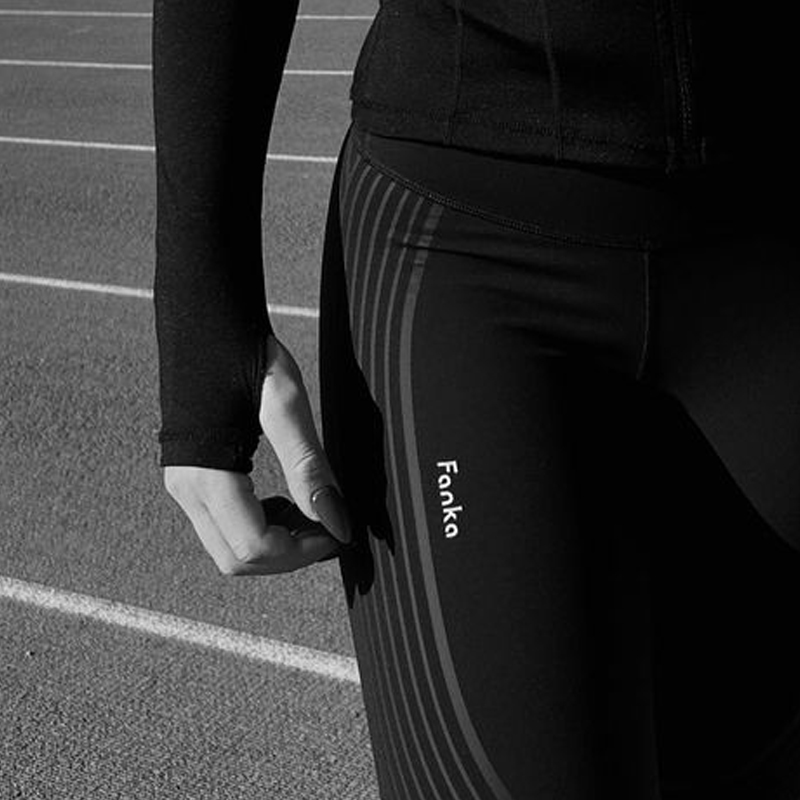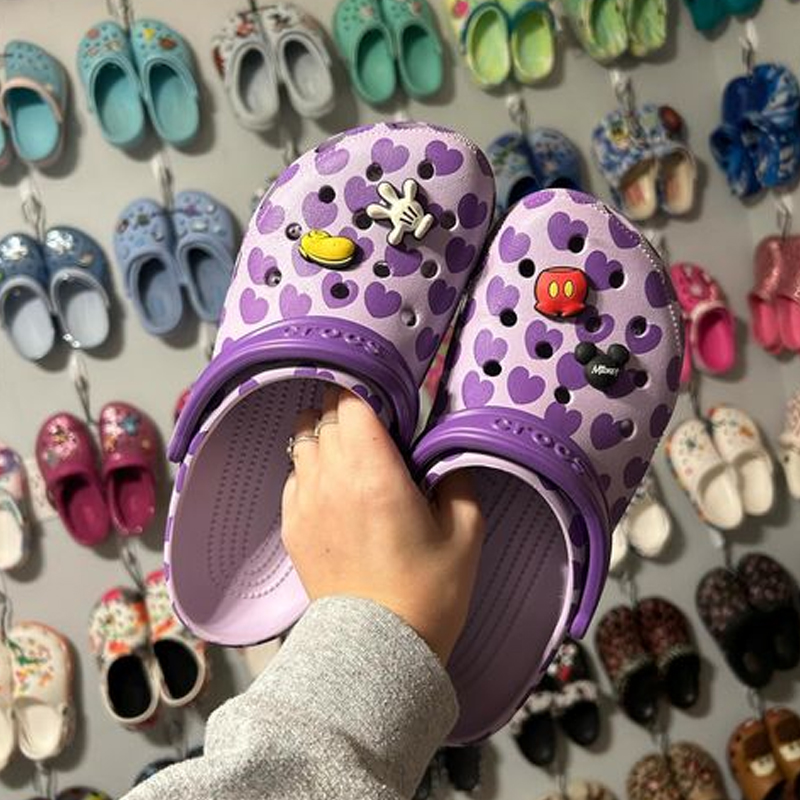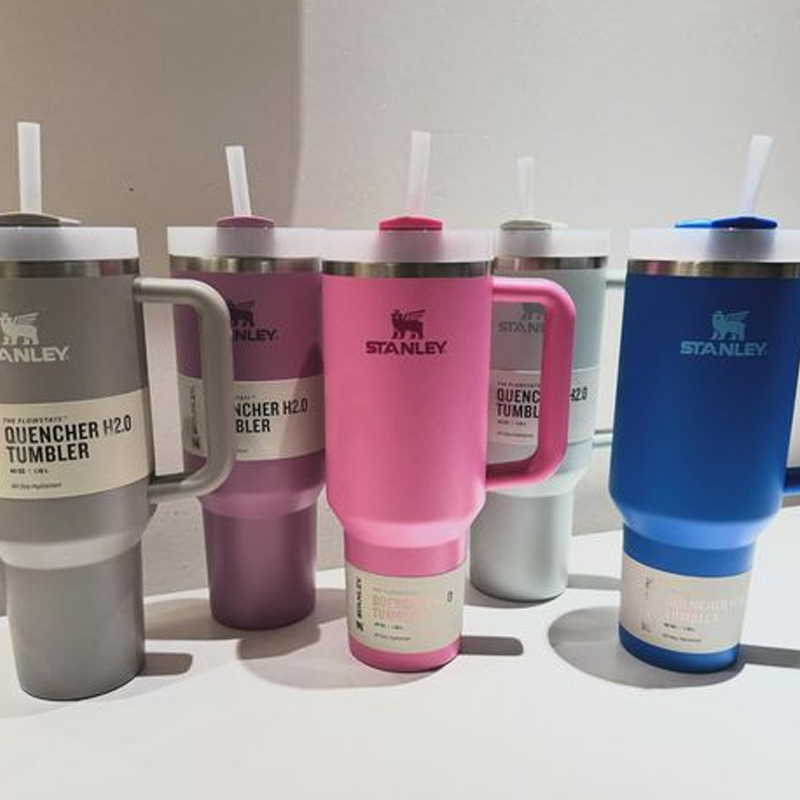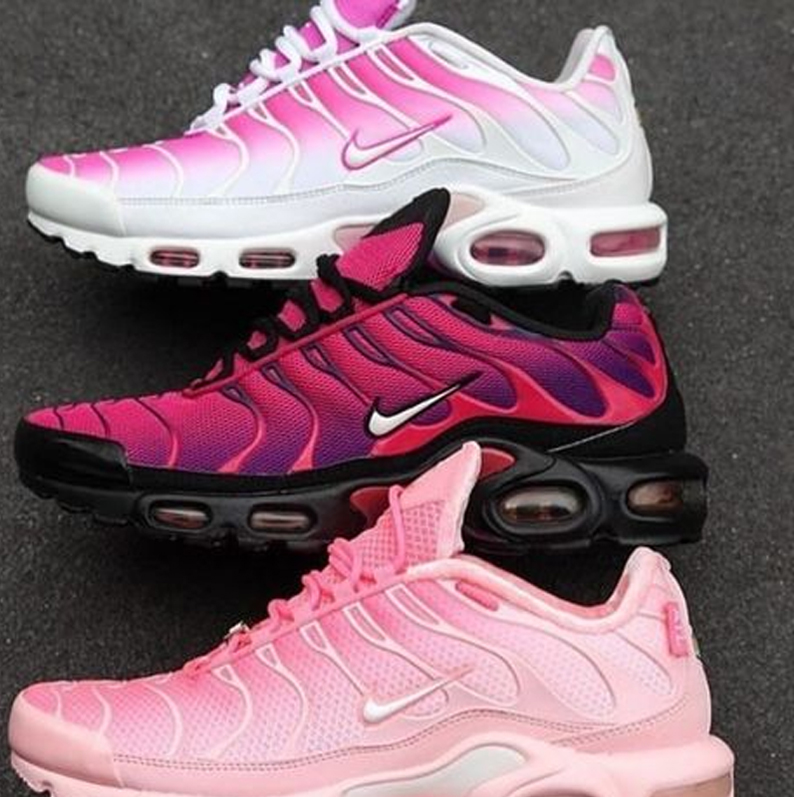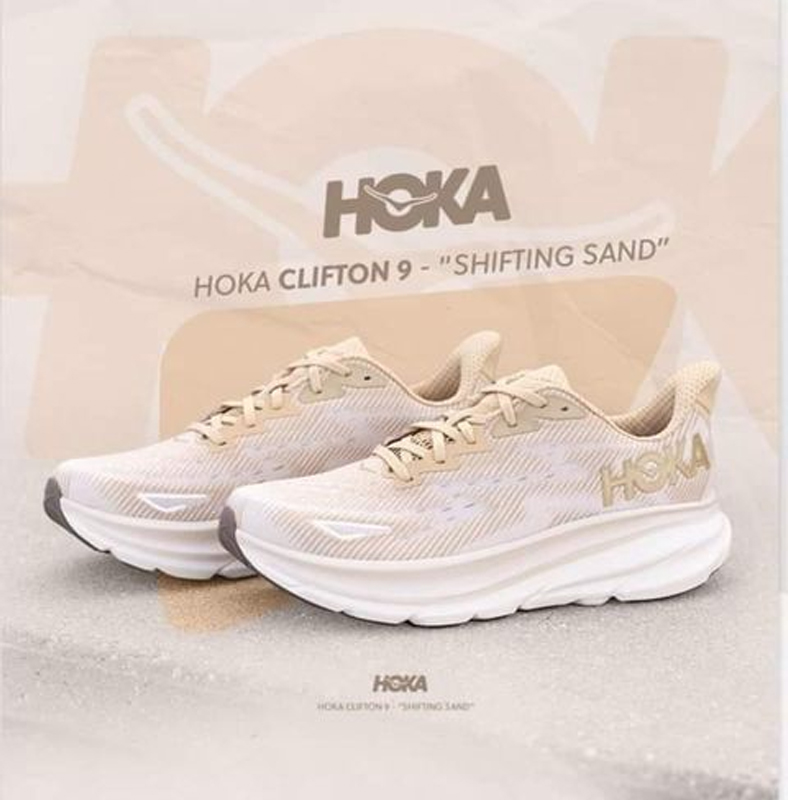In today’s booming fitness industry, private label activewear has become a game-changer for entrepreneurs and established brands alike. This comprehensive guide delves into the world of custom fitness apparel, exploring everything from trend analysis to moisture-wicking technology. Whether you’re a startup looking to make your mark or an established brand seeking to expand your offerings, this article is your roadmap to success in the competitive world of private label fitness wear.
Key Takeaways: Your Blueprint for Private Label Fitness Apparel Success
- Understand the importance of performance fabrics and moisture-wicking technology
- Learn how to identify and cater to your target demographics
- Discover essential quality testing procedures for durable activewear
- Explore various pricing models to maximize profitability
- Master the art of brand positioning in a saturated market
Why is Private Label Fitness Apparel a Hot Trend?
The fitness industry has experienced exponential growth in recent years, with the global activewear market projected to reach $547 billion by 2024. This surge in demand has created a golden opportunity for brands to carve out their niche with private label offerings. By creating custom fitness apparel, businesses can differentiate themselves in a crowded market, control their brand identity, and tap into specific target demographics.
Moreover, the rise of athleisure designs has blurred the lines between workout gear and everyday wear, expanding the potential customer base. With e-commerce integration and social media campaigns playing pivotal roles in brand success, there’s never been a better time to flex your entrepreneurial muscles in the fitness apparel space.
How to Choose the Right Activewear Manufacturers?
Selecting the right manufacturer is crucial for the success of your private label fitness apparel brand. Look for partners with a proven track record in producing high-quality activewear. Consider factors such as their expertise in working with performance fabrics, their ability to handle various workout styles, and their capacity to scale production as your brand grows.
When vetting potential manufacturers, ask about their quality testing procedures, their approach to sustainable materials, and their experience with size inclusivity. Don’t forget to inquire about their supply chain management and inventory management capabilities to ensure smooth operations as your business expands.
What Performance Fabrics Should You Consider for Your Line?
Moisture-wicking technology is at the forefront of performance fabrics in fitness apparel. These materials draw sweat away from the body, keeping wearers cool and comfortable during intense workouts. Popular options include:
- Polyester blends
- Nylon-spandex combinations
- Bamboo-based fabrics
- Merino wool for natural moisture management
When selecting fabrics, consider factors like breathability, durability, and stretch. For compression gear, look for materials with excellent recovery properties to maintain shape after repeated use. Don’t forget to explore sustainable materials options to appeal to eco-conscious consumers and align with growing industry trends.
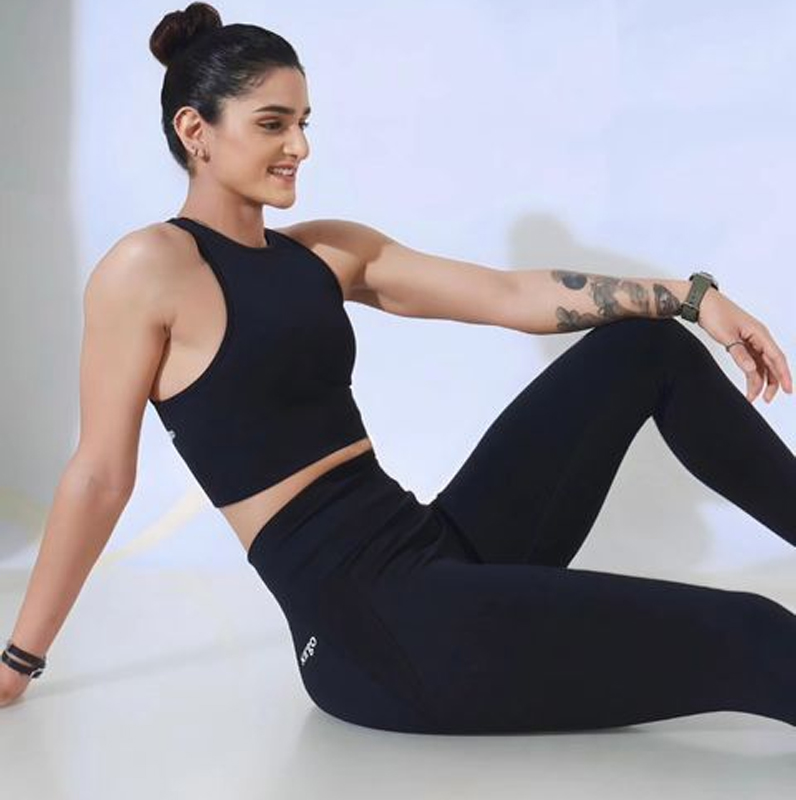
How to Identify and Target Your Ideal Customer Demographics?
Understanding your target demographics is essential for creating a successful private label fitness apparel line. Conduct thorough market research to identify your ideal customer base. Consider factors such as:
- Age range
- Gender
- Fitness interests (e.g., yoga, CrossFit, running)
- Income levels
- Lifestyle preferences
Once you’ve defined your target audience, tailor your workout styles and athleisure designs to meet their specific needs and preferences. Leverage fitness influencers who resonate with your target demographic to boost brand awareness and credibility. Remember to prioritize size inclusivity to cater to a diverse customer base and maximize your market reach.
What Quality Testing Procedures Are Essential for Durable Activewear?
Quality testing is crucial to ensure your private label fitness apparel meets industry standards and customer expectations. Implement rigorous testing procedures to assess:
- Fabric durability and colorfastness
- Seam strength and elasticity
- Moisture-wicking performance
- Resistance to pilling and abrasion
- Stretch and recovery properties
Partner with reputable testing laboratories to conduct standardized tests like the AATCC (American Association of Textile Chemists and Colorists) evaluations. Regular quality checks throughout the production process will help maintain consistency and identify any issues early on. Don’t forget to incorporate customer feedback into your quality improvement initiatives to continually refine your products.
How to Develop a Competitive Pricing Model for Your Brand?
Creating an effective pricing model for your private label fitness apparel requires a delicate balance between profitability and market competitiveness. Consider the following factors when determining your pricing strategy:
- Production costs (materials, labor, overhead)
- Target profit margins
- Competitor pricing
- Perceived value of your brand
- Distribution channels (e.g., direct-to-consumer, wholesale)
Experiment with different pricing tiers for various product lines, offering entry-level options alongside premium collections. Consider implementing dynamic pricing strategies for seasonal collections or limited-edition releases. Don’t forget to factor in the costs of packaging design and marketing efforts when calculating your overall pricing structure.
What Are the Key Elements of Successful Brand Positioning in the Fitness Apparel Market?
Effective brand positioning is critical for standing out in the crowded fitness apparel market. To create a strong brand identity:
- Define your unique value proposition
- Develop a consistent brand voice and visual identity
- Craft compelling brand storytelling
- Leverage social media campaigns to build brand awareness
- Collaborate with fitness influencers who align with your brand values
Invest in high-quality product photography to showcase your apparel’s features and benefits. Consider implementing virtual try-ons to enhance the online shopping experience. Build relationships with gym partnerships to increase brand visibility and credibility within the fitness community.
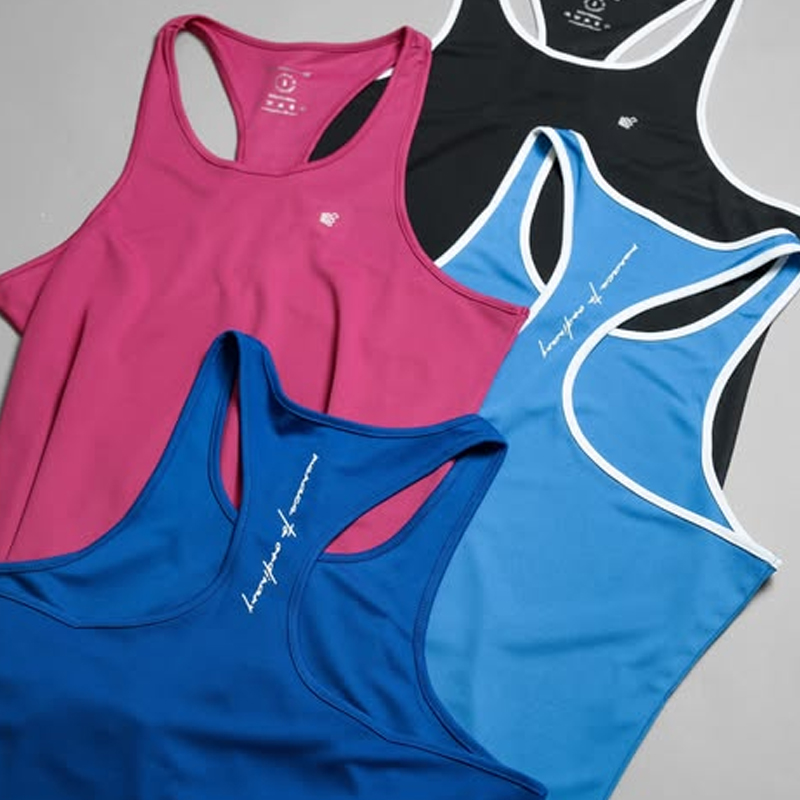
How Can You Leverage Technology to Enhance Your Private Label Fitness Apparel Business?
Embracing technology can give your private label fitness apparel brand a competitive edge. Consider implementing:
- E-commerce integration for seamless online sales
- Virtual try-ons using augmented reality
- AI-powered trend analysis for product development
- Blockchain technology for supply chain transparency
- Data analytics for personalized marketing and inventory management
Invest in robust inventory management systems to optimize stock levels and reduce waste. Utilize customer relationship management (CRM) software to track customer feedback and build lasting relationships. Stay ahead of the curve by exploring emerging technologies like 3D printing for prototyping and smart fabrics for innovative product offerings.
What Are the Best Practices for Sustainable and Ethical Production in Fitness Apparel?
Sustainability and ethical production are increasingly important to consumers in the fitness apparel market. To align your brand with these values:
- Source sustainable materials like recycled polyester or organic cotton
- Implement water-saving techniques in fabric dyeing and finishing processes
- Ensure fair labor practices throughout your supply chain
- Develop a transparent communication strategy about your sustainability efforts
- Consider circular economy initiatives like take-back programs for used apparel
Educate your customers about proper garment care to extend product lifespan through detailed care labels. Explore innovative packaging design solutions that minimize waste and utilize recyclable materials. Partner with organizations that promote sustainability in the fashion industry to strengthen your brand’s eco-credentials.
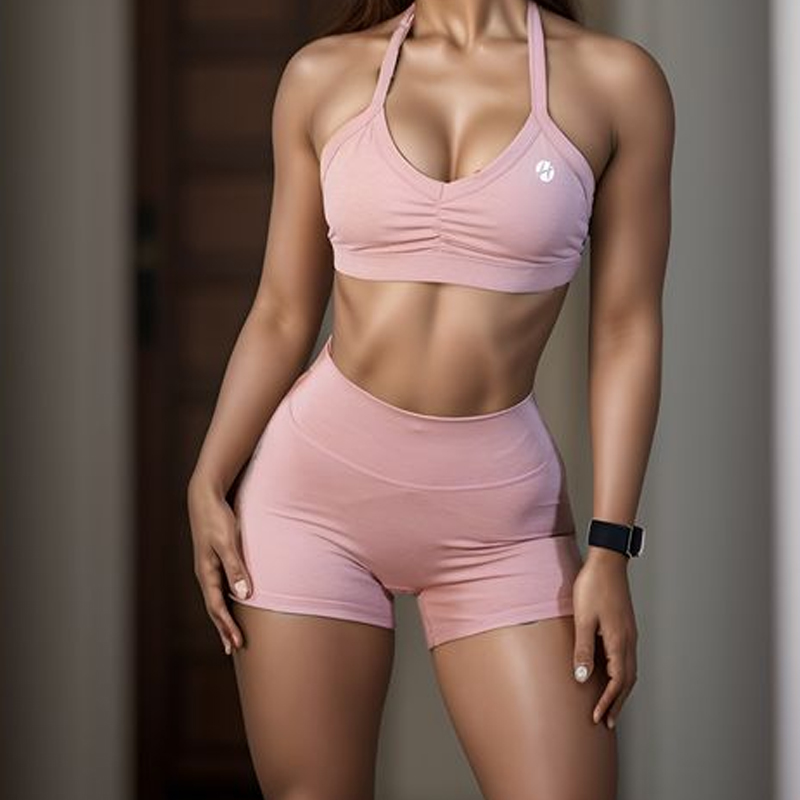
Ready to Launch Your Private Label Fitness Apparel Line? Here’s Your Next Step
Embarking on your private label fitness apparel journey is an exciting venture with immense potential. As you’ve learned, success in this industry requires careful consideration of factors like performance fabrics, target demographics, quality testing, and brand positioning. While the process may seem daunting, partnering with experienced manufacturers can significantly streamline your path to market.
For those considering Chinese factories as a reliable support for your business, BuyFromChinaDirect offers expert sourcing services tailored to the fitness apparel industry. Our team can help you navigate the complexities of international manufacturing, ensuring you receive high-quality products that meet your brand’s standards. From selecting the right moisture-wicking fabrics to implementing rigorous quality control measures, we’re here to help you flex your brand in the competitive fitness apparel market.
Ready to turn your private label fitness apparel vision into reality? Contact BuyFromChinaDirect today, and let’s work together to create a winning strategy for your brand’s success. With our expertise and your unique vision, we can help you carve out a strong position in the thriving world of fitness fashion.

